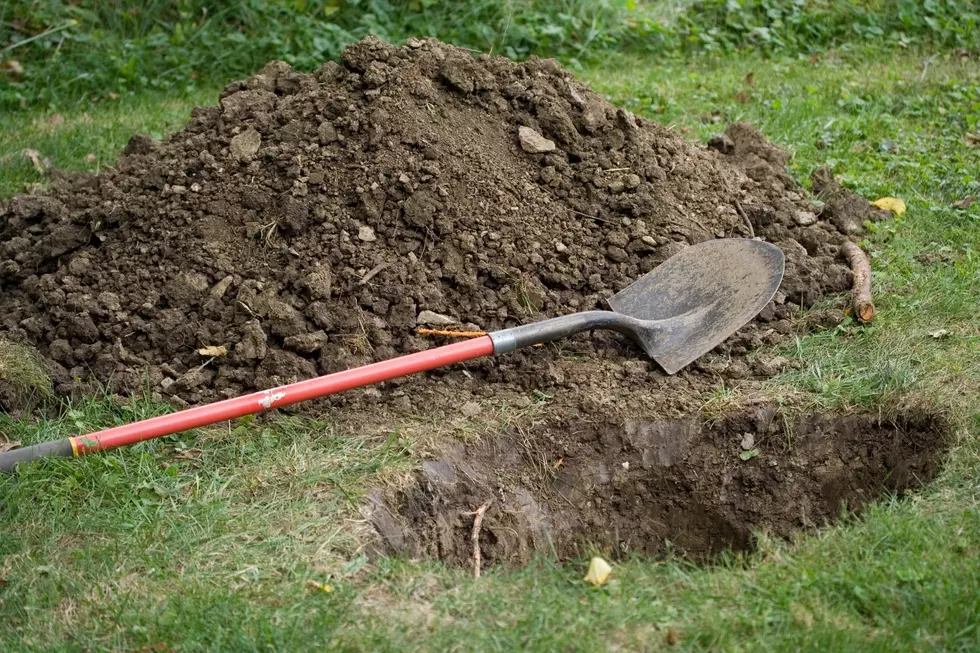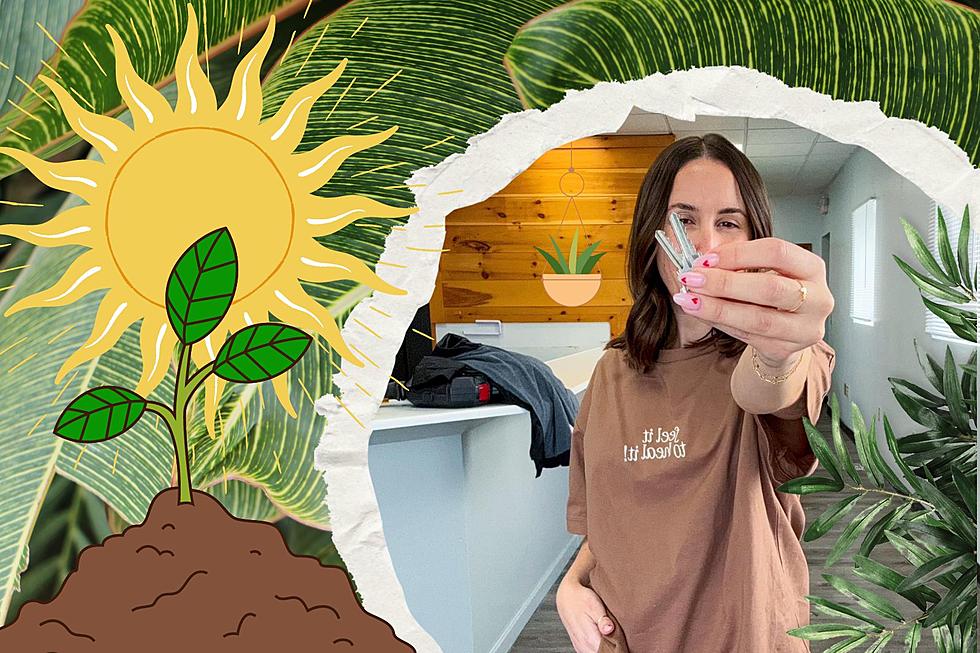
Holiday Plants That Are Toxic To Pets
Even for those of us that are typically not plant people, we usually end up with some sort of greenery, plants or flowers in our home around the holidays. But for those of us with pets, we have to be careful what kinds of plants we're keeping around, because some of them could be toxic to our animals and we may not even know it.
Petsmart.com has put out a really helpful list of plants to keep your pets away from this holiday season:
- Amaryllis
- Chrysanthemum
- American Mistletoe Phoradendron
- Autumn Crocus Colchicum autumnale
- Bittersweet Celastrus
- Japanese Euonymus Euonymus japonicus
- Holly Ilex
- Christmas Rose Helleborus niger
- Crown of Thorns Euphorbia milii
- Poinsettia
- Jerusalem Cherry Solanum pseudocapsicum
I have never heard of most of these, so I think there's a good chance that I don't have to worry about my cats getting ahold of these. However, I definitely had some chrysanthemum's in my Thanksgiving centerpiece, so I'm extremely relieved that I didn't allow my cats anywhere near it, and after dinner was over I put the centerpiece in a room that the cats don't go in. I had no idea chrysanthemum's were poisonous to cats, I just figured better to be safe than sorry and keep all of the flowers far away from them. Glad I did!
Here are some symptoms of plant poisoning from Petsmart.com, just in case your furry friend accidentally gets a hold of a poinsettia or anything else:
- Vomiting
- Diarrhea
- Not eating
- Pale gums/tongue
- Swollen tongue
- Abdominal pain
- Convulsions
More From WFHN-FM/FUN 107





![These 75 SouthCoast Christmas Trees Do Not Disappoint [PHOTOS]](http://townsquare.media/site/519/files/2023/12/attachment-Untitled-design-114.jpg?w=980&q=75)



